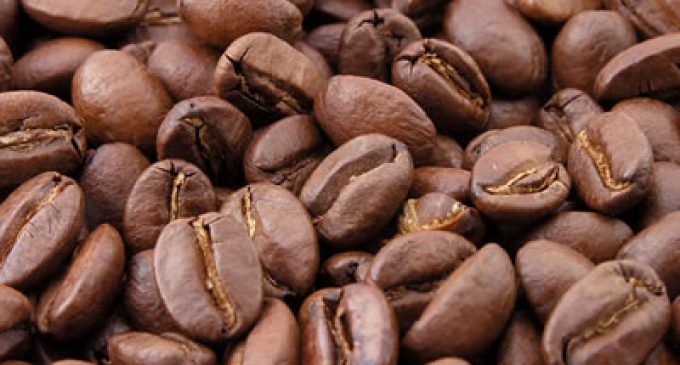Brazilian Coffee Market Full of Beans – As Coffee Culture Grows International Prices Set to Rise

As the leading coffee export market in the world, Brazil is no stranger to high quality coffee beans – but to date has sent its best beans overseas for international enjoyment. However, new research from Mintel reveals that things might be set to change as Brazilians gain a taste for premium coffee, with a quarter (25%) of Brazilian coffee users now claiming they prefer premium over regular brands of coffee.
And it seems social strata is also no barrier for a taste of the more extravagant, as while 29% of A/B consumers say they prefer premium, so too do 23% in classes C1/C2 and D/E. Today, five in six (84%) Brazilian consumers report drinking coffee, with three in five (60%) drinking coffee daily, which combined with the large population, makes Brazil the second largest market for coffee in the world (with a Mintel estimated consumption of 1,230,000 tonnes of coffee in 2012) coming only behind the US (the largest coffee market with a Mintel estimated consumption of 1,454,000 tonnes in the same year).
However, market volume for coffee inBrazilis growing faster than that of the US year on year – and highlighting its importance, is set to take the number one spot for consumption from the US in the next few years. While the Brazilian coffee market posted 3.9% growth in 2012 against 5.4% in the US, Mintel estimates both countries to reach an equal estimated growth of 4.4% in 2016. While Brazilians have one of the highest per capita volume consumption rates in the world (6.31kg per head compared to 4.62kg per head in the US and 2.77kg in the UK in 2012) Mintel’s research highlights that they actually spend very little on coffee (US$18.173 per head in Brazil compared to US$30.79 in the US in 2012) indicating coffee has, to date, been seen as a cheap commodity – something Mintel anticipates changing.
Jonny Forsyth, global drinks analyst at Mintel, explains: “As Brazilians get more demanding about their coffee, the country’s better quality Arabica beans will increasingly be used to service its burgeoning domestic market, rather than merely sent overseas. The global supply of the best quality Arabica beans is hugely dependent onBrazil, and by reducing supply at a time of huge – and still rising global demand – this could force a sharp rise in global coffee bean prices down the line.”

































